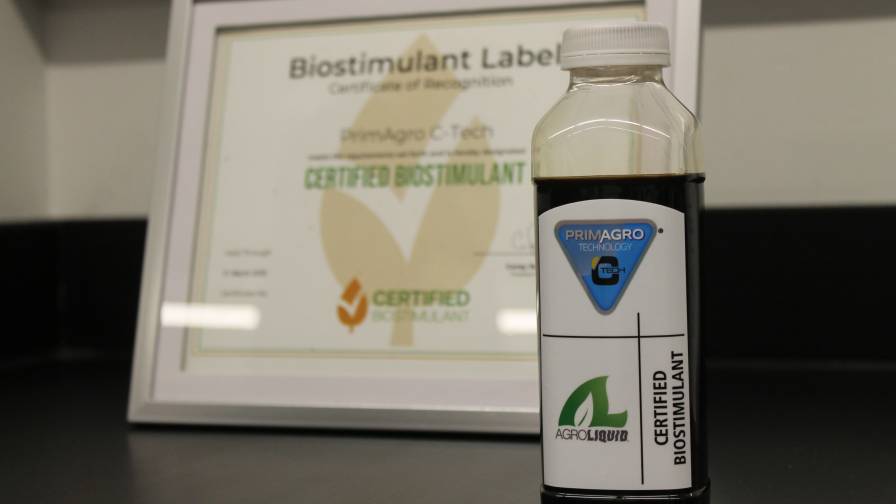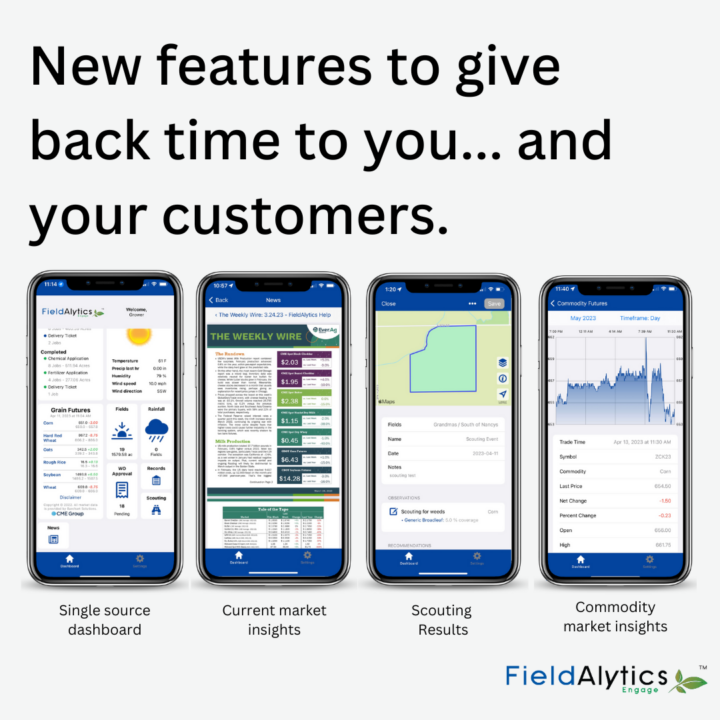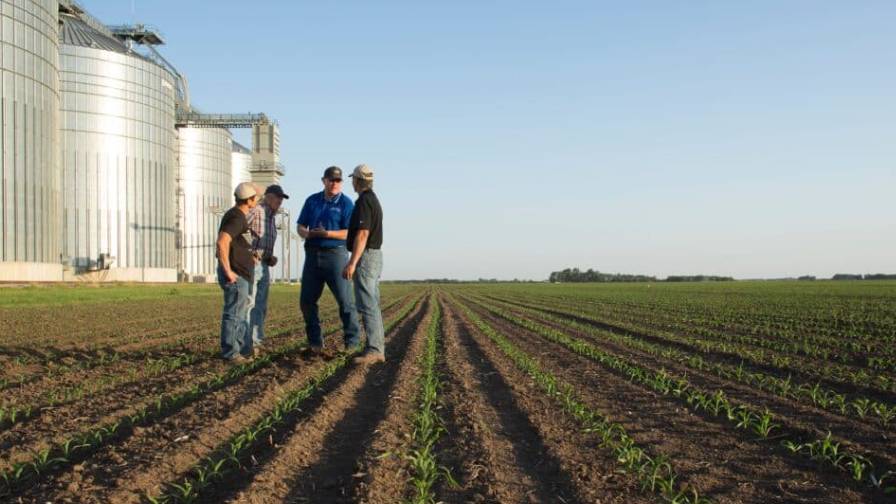Environmental Defense Fund Announces Sustainability Partnership With Campbell Soup Co.
Environmental Defense Fund (EDF) today announced a collaboration with Campbell Soup Company and its subsidiary, Pepperidge Farm, Inc., to improve water quality and reduce greenhouse gas (GHG) emissions by optimizing fertilizer use and improving soil conservation in the company’s wheat sourcing areas.
Fertilizer is essential for growing crops, but on average 50% of fertilizer applied is not absorbed by plants. The leftover fertilizer can run off fields and pollute waterways, contaminate drinking water supplies, and contribute to ocean dead zones that kill aquatic species. Excess nitrogen fertilizer runoff also emits nitrous oxide, a GHG 300 times more potent than carbon dioxide.
Agriculture is responsible for 10% of the nation’s GHG emissions, but using fertilizer more efficiently reduces emissions and improves water quality, without sacrificing yields or profits.
“Meeting the challenge of feeding a growing population will require increased crop yields while reducing the environmental impacts of crop production,” said David Festa, EDF Vice President, Ecosystems. “The good news is that there are tools and programs available to help farmers optimize their fertilizer use. Campbell’s commitment will help bring these resources directly to farmers on the ground and make fertilizer optimization the norm.”
Campbell’s sustainable agriculture programs work to drive improvement in five priority areas: greenhouse gases, water, fertilizer and pesticide reduction, and soil quality. The company is expanding its fertilizer optimization programs to 70,000 acres by 2020.
To achieve these goals, Campbell will partner with United Suppliers, a cooperative of locally owned and controlled agricultural retailers, to help deploy the SUSTAIN platform in target areas in 2015, including Nebraska and Ohio. SUSTAIN, developed and deployed by United Suppliers in collaboration with EDF, combines a set of proven, effective technologies, practices and products that improve nutrient use efficiency and reduce soil erosion while enhancing productivity.
Dr. Daniel Sonke, Manager of Campbell Agriculture Sustainability Programs said, “Campbell is proud to partner with EDF and United Suppliers to work toward improving our product environmental footprint. SUSTAIN brings the right tools and resources to increase farm fertilizer efficiency, which in turn improves the health of the soil, water and local community resources.”
As part of the collaboration, EDF will also work with Campbell and United Suppliers to:
- Create additional fertilizer optimization and soil health initiatives for farmers.
- Launch new farmer networks to conduct on-farm trials of nutrient optimization methods.
- Develop a sustainability reporting system to track and measure the environmental and economic benefits of the project.
“The demand for nutrient optimization tools is at an all-time high,” noted Matt Carstens, vice president of United Suppliers. “That’s why we are excited to offer SUSTAIN to additional retailers in Nebraska and Ohio, and to replicate this pilot project across other Campbell grain sourcing regions.”
The collaboration with Campbell is the latest initiative undertaken by EDF to eliminate fertilizer pollution as a major environmental concern. Campbell joins Walmart, Smithfield Foods, General Mills, and United Suppliers as collaborators in EDF’s Sustainable Sourcing Initiative that works with retailers, food companies, agribusiness, and growers to drive sustainable farming practices.
To date, the initiative has helped reduce fertilizer loss by an average of 20% on 750,000 acres across the U.S., while maintaining or increasing crop yields. EDF’s work has contributed significantly to the sustainable sourcing commitments connected to Walmart’s fertilizer initiative, which totals approximately 18 million acres.
EDF’s Sustainable Sourcing Initiative aims to drive improved fertilizer practices on at least half of U.S. grain acreage by 2020.






